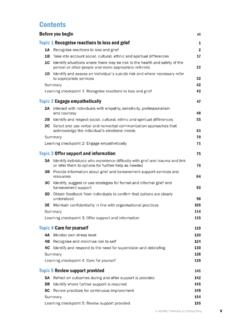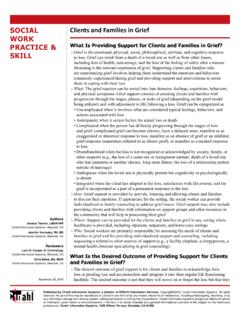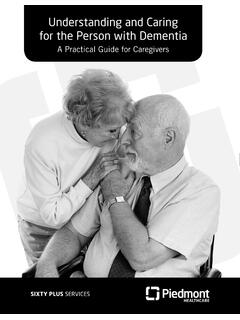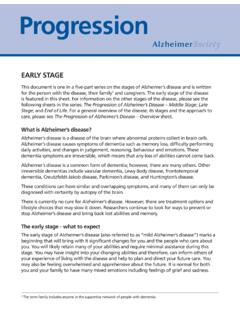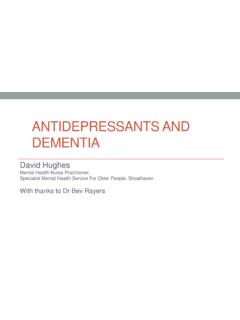Loss And Grief In Dementia
Found 8 free book(s)Progression - Alzheimer
alzheimer.cadementia symptoms are irreversible, which means that any loss of abilities cannot come back. Alzheimer’s disease is a common form of dementia; however, there are many others. Other ... Alzheimer’s disease and facing practical challenges, grief and loss.
Understanding Loneliness and Social Isolation
order.nia.nih.govmemory loss, disability, trouble getting around, and/or the ... poorer cognitive function and higher risk for dementia, ... complicated grief. or depression, both of which can be treated. Family and caring friends often can provide great support.
CHCCCS017 Provide loss and grief support Release 1
aspire-solidus-production.s3-ap-southeast-2.amazonaws.com5. Loss, grief and bereavement are highly stressful events that can have a range of impacts on a person’s health and wellbeing. You need to recognise signs of negative health impacts and support the person to address these issues appropriately. 6. Disenfranchised grief occurs when a person’s loss and grief is not acknowledged or recognised ...
PRACTICE & Clients and Families in Grief
www.ebscohost.comFor some, however, the grief state persists to the point of debilitation. In persons with complicated grief (also called prolonged, traumatic, and pathological grief), painful emotions, including nonacceptance of the loss, are so long-lasting and severe that individuals are unable to resume their normal daily activities
Understanding and Caring for the Person with Dementia
www.piedmont.orgpronounced than memory loss. • Aids dementia complex – A rapidly pro-gressing form of dementia which typically occurs after years of HIV infection. • Normal pressure hydrocephalus – This is a type of “fluid on the brain” which can result in abnormal gait, incontinence and memory loss. However, if there is early di-
Progression - Alzheimer
alzheimer.caAlzheimer’s disease causes symptoms of dementia such as memory loss, difficulty performing daily activities, and changes in judgement, reasoning, behaviour and emotions. These dementia symptoms are irreversible, which means that any loss of abilities cannot come back.
ANTIDEPRESSANTS AND DEMENTIA
www.dementia.org.auIt can be difficult to diagnose depression in a person with dementia. Some characteristic signs are: •Loss of interest and pleasure in previously enjoyed activities (anhedonia) •Lack of energy •Poor sleep •Loss of appetite and weight •Expressing feelings of worthlessness and sadness •Being unusually emotional, crying, angry or agitated •Increased confusion
Grief Reactions: Assessment and Differential Diagnosis
www.ihs.govspent anticipating the loss • Grief the normal and natural psychological, emotional,: physiological, social and cultural reactions to losing a loved one (or other kinds of loss and change) • Mourning showing grief in public, affected by personal and: family beliefs, religious practices, and cultural customs and rituals.


